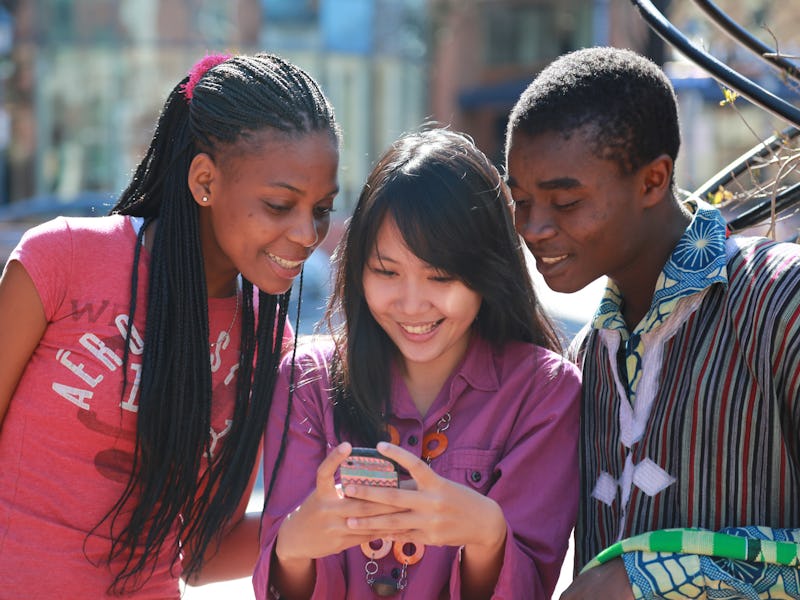Teens Can’t Deal With the Psychological Effects of Social Media
How much social networking is too much?

Social media exhaustion is a real thing, and it’s taking its toll on our mental health. A new study shows that even Generation Z teens, one of the most smartphone-dependent slices of the population, are finding it hard to deal with their endless streams of notifications, and the resulting psychological effects are no joke.
To conduct the study, Ottawa Public Health asked over 750 middle and high school students from Canada’s capital about their social networking habits and psychological well being. What they found is pretty alarming: Teenagers who used social media for at least two hours a day — a quarter of the students surveyed — were more likely to report having anxiety, depression, and even suicidal thoughts. When you add it all up, two hours a day doesn’t even seem like that much: How much worse could it get?
While the study, published in the journal Cyberpsychology, Behavior, and Social Networking, doesn’t prove that social media use causes mental health problems, the findings suggest that teens with existing issues may use social media more frequently. According to the authors, these teens — who are often embarrassed by the stigma of mental health issues — turn to social networking for interaction and support, for lack of anywhere else to go.
Thankfully, Ottawa Public Health is taking a Gen Z-appropriate approach to dealing with this issue. Rather than take the inevitably futile route of discouraging social media use, the researchers recommend that public health organizations use social media as the solution. To reach these high-risk kids, social networking sites should be used to promote mental health awareness and help erase the stigma behind psychological illness.
Online, the cause is already off to good start, thanks to teen-friendly musicians like former 1D prince Zayn Malik, who left the band to recuperate from stress, and rap-world stars Kendrick Lamar and iLoveMakonnen, who have both been candid about their experiences with depression.
“Since teens are on the sites,” said Interactive Media Institute editor-in-chief Brenda K. Wiederhold, responding to the findings, “it is the perfect place for public health and service providers to reach out and connect with this vulnerable population and provide health promotion systems and supports.”